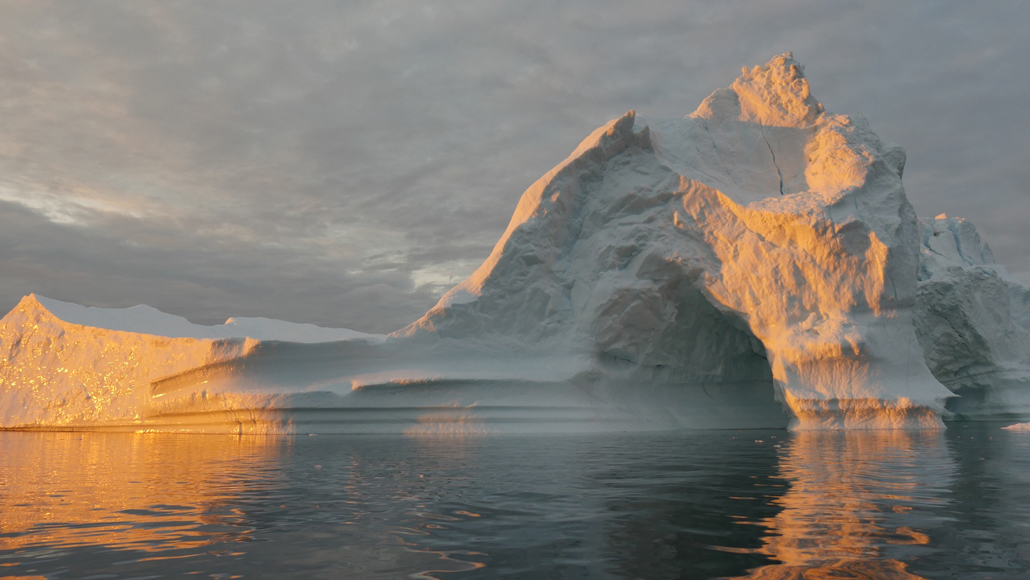
In 2020, the world's oceans may have stored up to 20 sextillion more joules of heat energy than in 2019. Warmer water contributes to melting sea ice.
NASA/Saskia Madlener

In 2020, the world's oceans may have stored up to 20 sextillion more joules of heat energy than in 2019. Warmer water contributes to melting sea ice.
NASA/Saskia Madlener